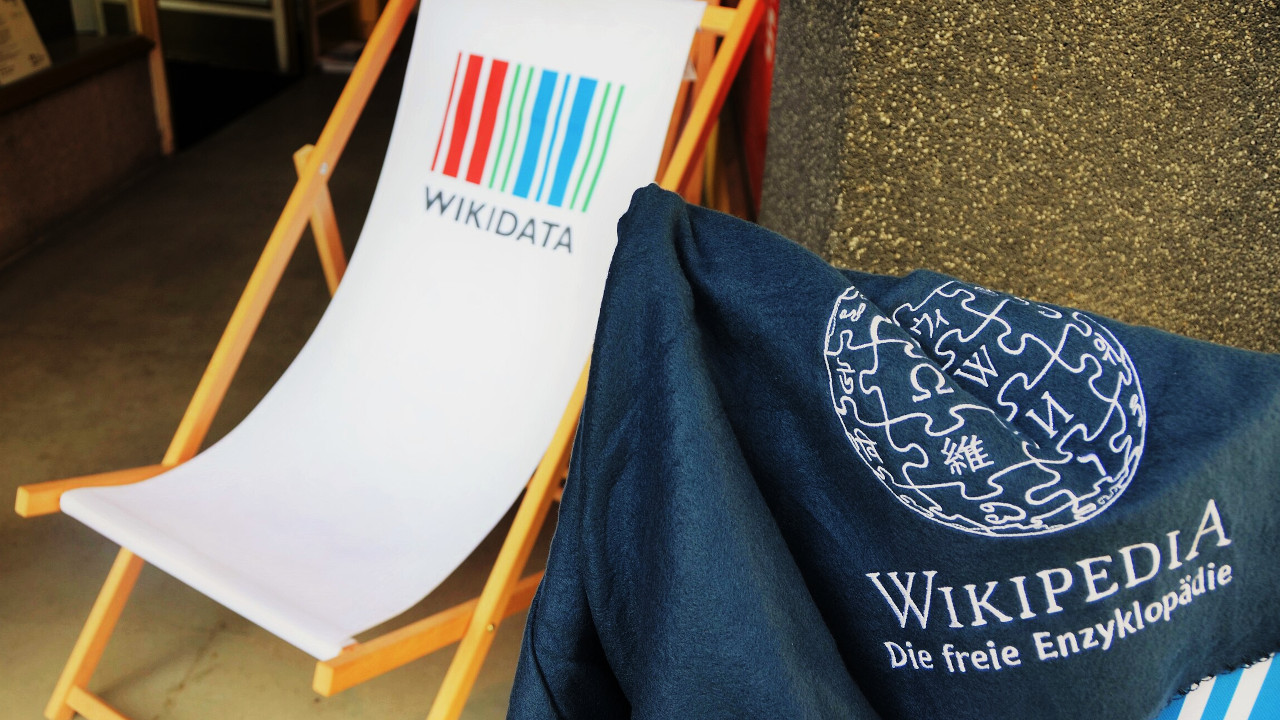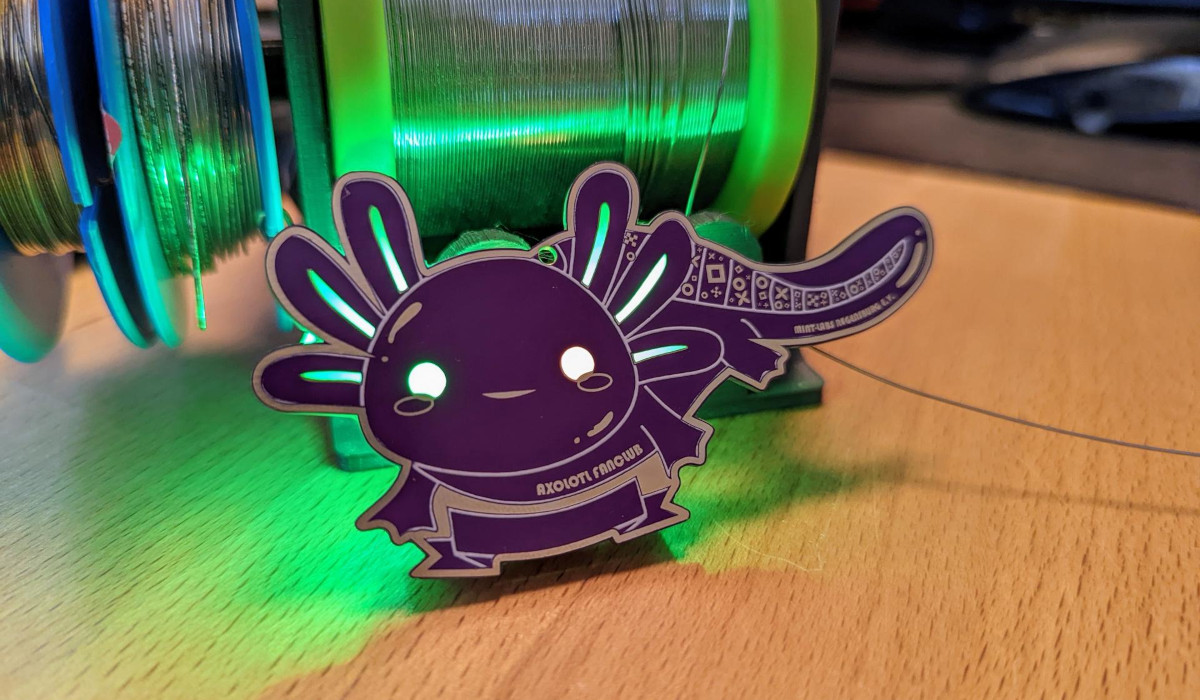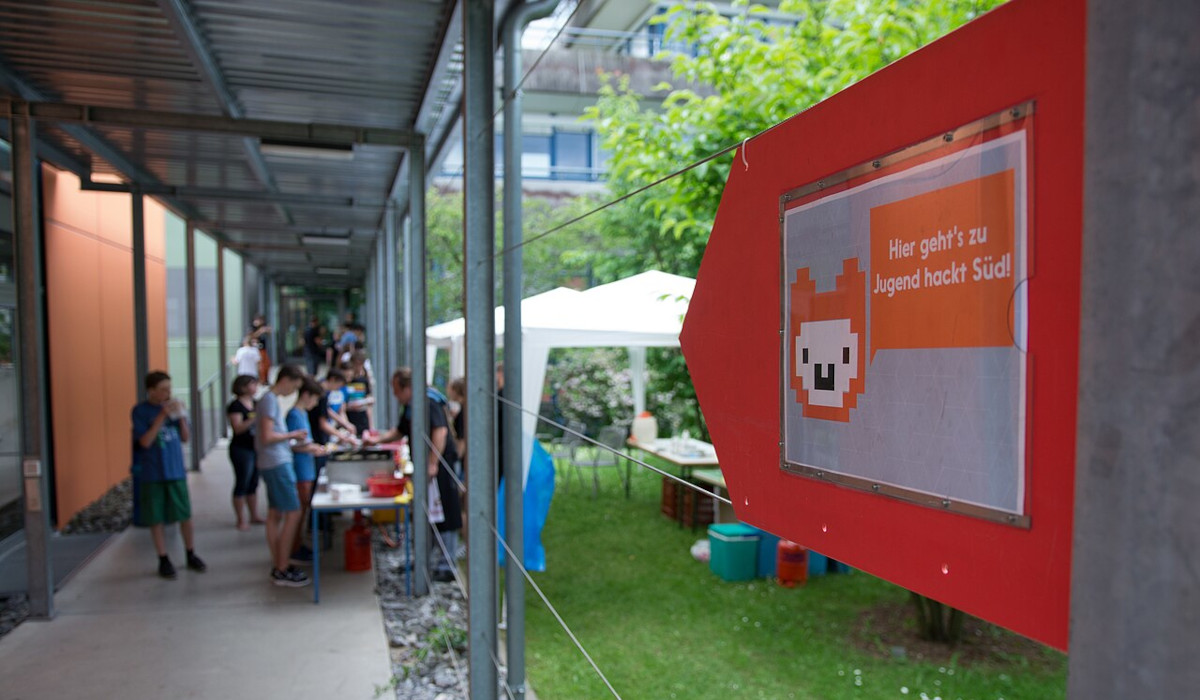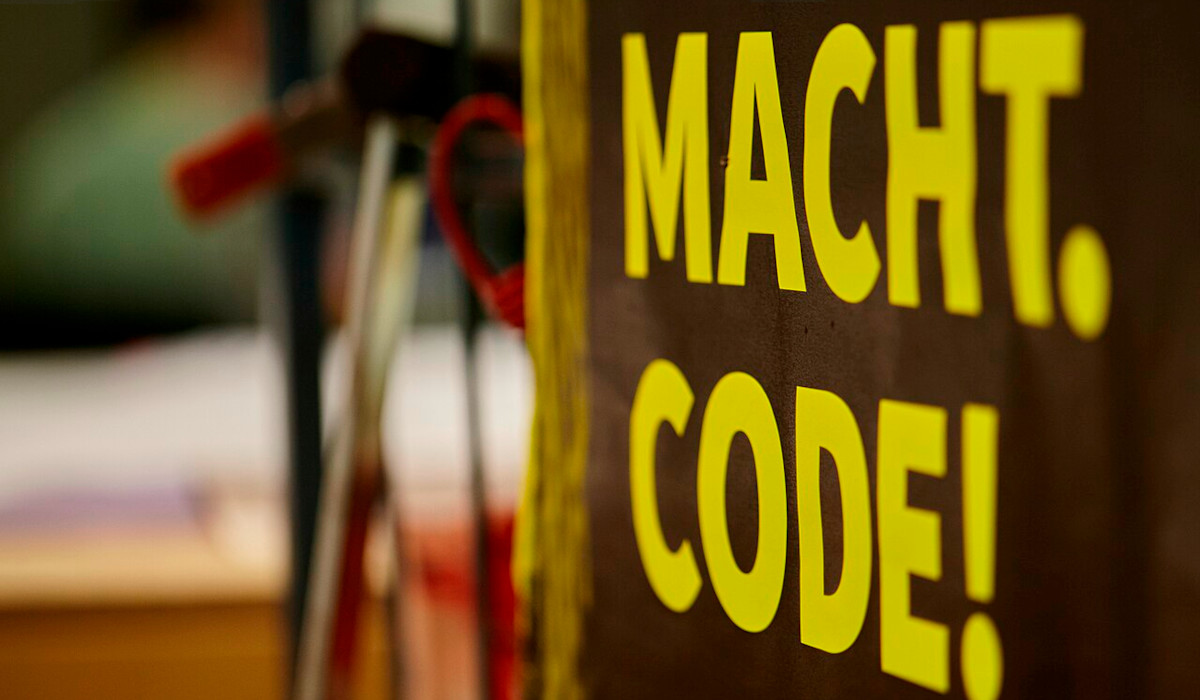Am 25.10.2012 war die erste Bearbeitung der weltweiten Wissensdatenbank Wikidata. Seither sind dort über 113 Millionen Datenobjekte entstanden, die Orte, Personen und Konzepte beschreiben und miteinander verbinden. Wer in den letzten Jahren dem Sprachassistenzsystem auf einem Handy Fragen gestellt hat, bekam ziemlich wahrscheinlich eine Antwort aus Wikidata. Und anders als generative KI und Chatbots sind die Ergebnisse von Abfragen aus dieser Wissensdatenbank beweisbar, nachvollziehbar und frei von „Halluzinationen“.
Unsere Community fühlt sich Wikidata seit vielen Jahren eng verbunden. Schon im Dezember 2016 durften wir Ehrenamtliche aus ganz Deutschland zum ersten Wikidata-Workshop an unserem alten Standort begrüßen. Und auch in den Jahren danach gab es bei uns regelmäßige Workshops rund um Wikidata, Linked Data und Wissensgraphen. Deswegen möchten wir auch den 12. Geburtstag von Wikidata gebührend feiern!
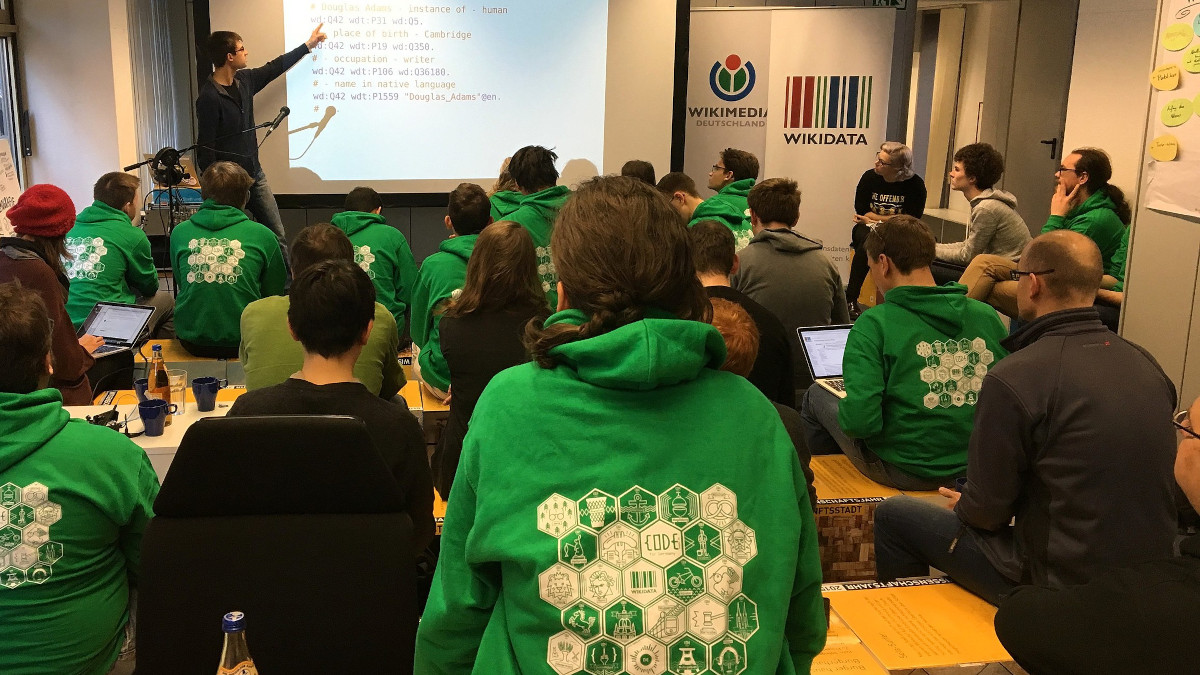
Direkt nach dem vierten Wikidata-Geburtstag: Schon 2016 luden wir Civic-Tech-Engagierte aus ganz Deutschland ein, sich mit Wikidata zu beschäftigen. Auch damals war Lucas schon als Experte dabei!
Am Donnerstag, dem 24.10. hält Stefan Kaufmann ab 19 Uhr eine Einführung in Wissensgraphen und Linked Open Data. Hier geht es vorwiegend um die Vogelperspektive: Wie funktioniert Linked Data, worin besteht das riesige Potenzial dieses Konzepts und warum ist es für eine ganze Reihe von Anwendungsfällen viel sinnvoller als generative KI? Kleinere Praxiserfahrungen mit Wikidata sind schon hier möglich, es lohnt sich also, bereits vorab einen Wikipedia-Account anzulegen.
Weiter in die Praxis geht es am Freitag, dem 25.10. ab 19 Uhr: looniverse und HoGü-456 gehen vertieft auf Wikidata, Abfragen und Werkzeuge für den Umgang mit Wikidata ein. Wer hier nicht nur Abfragen üben will, sondern auch erste Beiträge zu Wikidata leisten möchte, sollte spätestens hierfür vorab einen eigenen Wikipedia-Account haben – wenn es den nicht ohnehin längst gibt!
Speziell auf Jugendliche von 12 bis 18 zugeschnitten ist das Angebot am Samstag, dem 26.10. von 14 bis 17 Uhr, denn auch das Jugend hackt Lab feiert 12 Jahre Wikidata. Mit dem Team rund um Eli geht es in den drei Stunden rund um Freies Wissen, was Wikidata alles kann und wie Du dazu beitragen kannst. Wie bei den anderen Angeboten gilt: Eine Anmeldung ist nicht notwendig, Laptops sind vorhanden.
An allen drei Tagen haben wir außerdem einen besonderen Gast: Lucas Werkmeister betrieb viele Jahre lang den Twitter-Account WikidataFacts, der mittlerweile als @wikidatafacts@mastodon.social auf Mastodon ist und dort spannende Beispiele, Abfragen und Trivia rund um Wikidata postet. Lucas arbeitet seit 2017 bei Wikimedia Deutschland und entwickelt dort Wikidata weiter. Ihr habt dort also an allen Tagen die Gelegenheit, eine der versiertesten Fachpersonen zu allem rund um Wikidata zu löchern!
